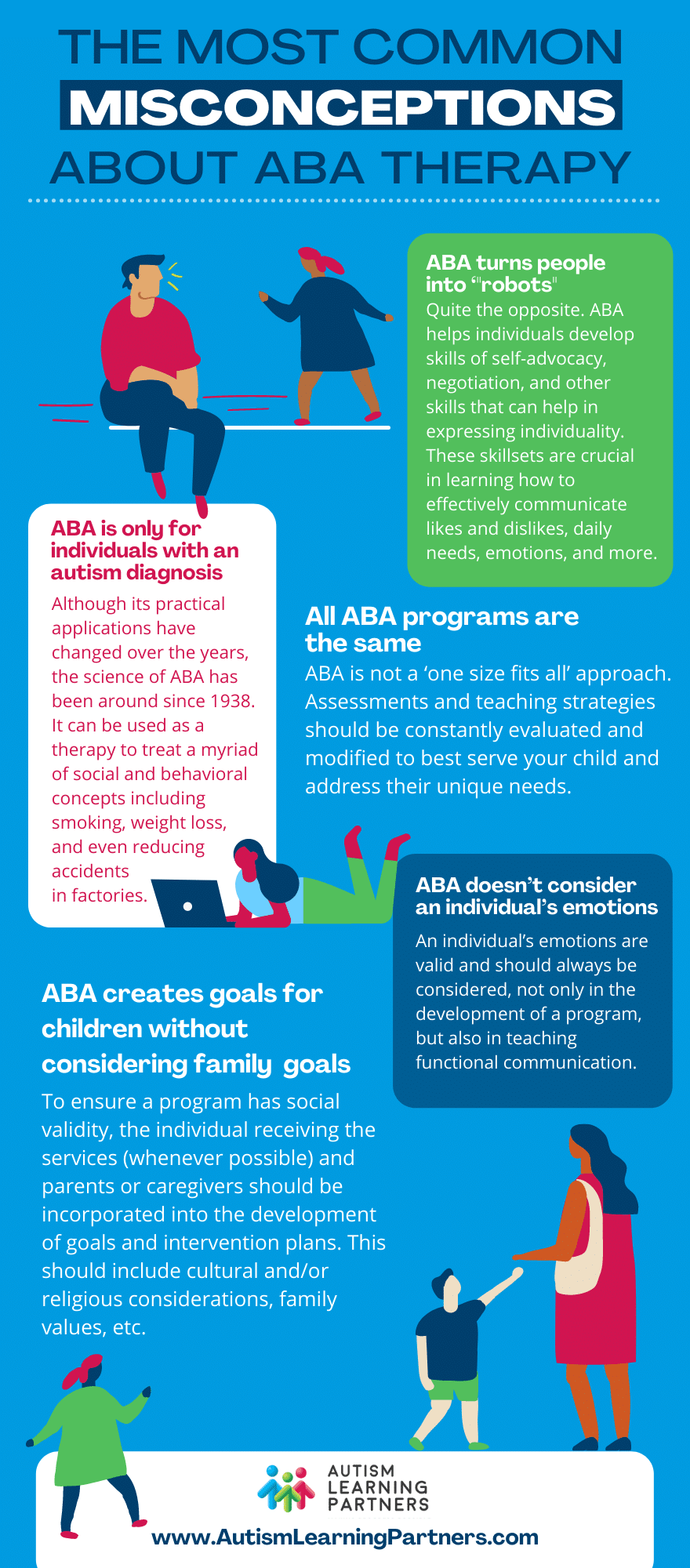This content aims to dispel common misconceptions about various religions and beliefs. The misconceptions include the idea that all Muslims are terrorists, Hindus worship cows, Jews are greedy and control the world, Christians are all conservatives, Buddhists worship Buddha, Sikhs are Muslims, atheists have no morals, Wiccans worship the devil, Mormons practice polygamy, and Scientologists are a cult. The content highlights that these beliefs are not only untrue but also harmful and perpetuate negative stereotypes. It’s important to approach different religious and belief systems with an open mind and respect for their diversity and complexity.
1. All Muslims are terrorists
One of the most widespread misconceptions about Islam is that all Muslims are terrorists, or that Islam as a religion promotes terrorism. This is simply not true. In fact, the vast majority of Muslims are peaceful, law-abiding citizens who condemn violence and terrorism. Islam is a religion that preaches compassion, justice, and respect for others.
2. Hindus worship cows
Another common misconception is that Hindus worship cows. While cows are considered sacred animals in Hinduism and are treated with respect, they are not worshipped as gods. Hinduism is a complex and diverse religion with a multitude of beliefs, practices, and rituals.
3. Jews are greedy and control the world
This anti-Semitic trope has been around for centuries and is often used to perpetuate negative stereotypes about Jews. The idea that Jews are greedy and control the world is not only untrue but also harmful. Jews are a diverse group of people with different beliefs, customs, and traditions, and they do not have any more control over the world than any other group.
4. Christians are all conservatives
Many people assume that all Christians are conservative, or that Christianity is inherently conservative. While it’s true that some Christians identify as conservative, there are also many who identify as liberal or progressive. Christianity is a diverse religion with a wide range of beliefs, denominations, and interpretations.
5. Buddhists worship Buddha
Buddhism is often misunderstood as a religion that worships Buddha. While Buddha is a central figure in Buddhism and is respected as a great teacher and enlightened being, he is not worshipped as a god. Buddhists follow a path of self-discovery and seek to achieve enlightenment through meditation and ethical living.
6. Sikhs are Muslims
Sikhs are often mistaken for Muslims because they wear turbans and have beards, which are also associated with Islamic culture. However, Sikhs are a distinct religious group that originated in the Punjab region of India. They follow the teachings of their founder, Guru Nanak, and believe in one God, equality, and social justice.
7. Atheists have no morals
This is a common misconception that is often used to demonize atheists. However, it’s simply not true. Atheists can have strong moral values and live ethical lives just like anyone else. Being an atheist simply means not believing in a god or gods.
8. Wiccans worship the devil
Wiccans are often accused of worshipping the devil or engaging in Satanism. However, Wicca is a nature-based religion that focuses on the worship of nature and the universe. Wiccans do not believe in the devil or any other evil force.
9. Mormons practice polygamy
Polygamy was practiced by early members of the Church of Jesus Christ of Latter-day Saints, commonly known as Mormons, but it was officially banned in 1890. Today, the vast majority of Mormons practice monogamy, and polygamy is considered a serious sin.
10. Scientologists are a cult
Scientology is often labeled as a cult because of its secretive practices and controversial beliefs. However, Scientology is officially recognized as a religion in many countries and has a large following around the world. While there have been criticisms of the organization, it’s important to approach it with an open mind and to judge individuals based on their actions, not their affiliation.
